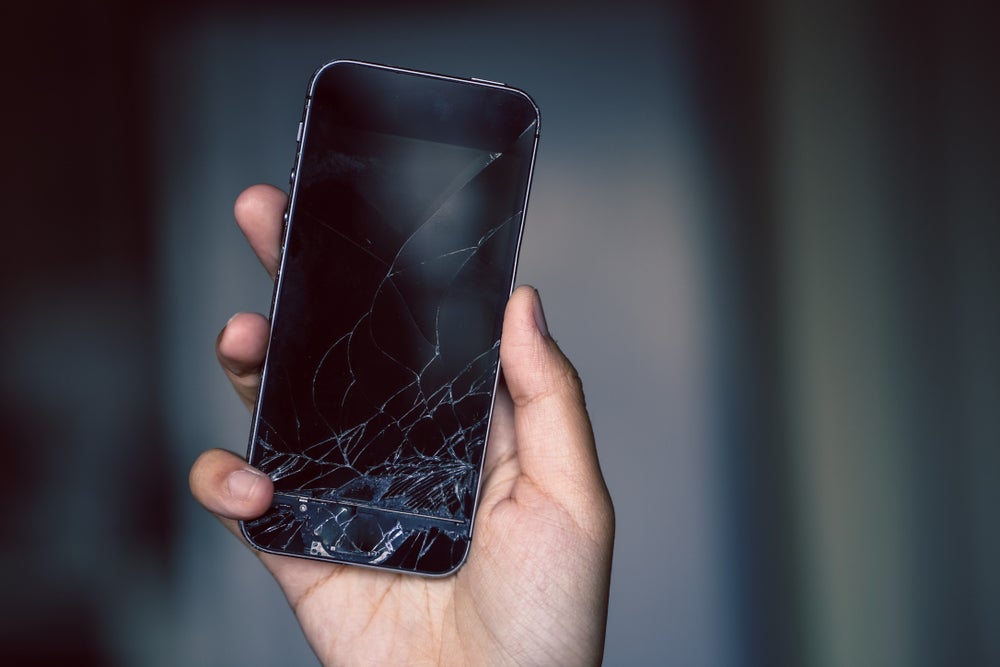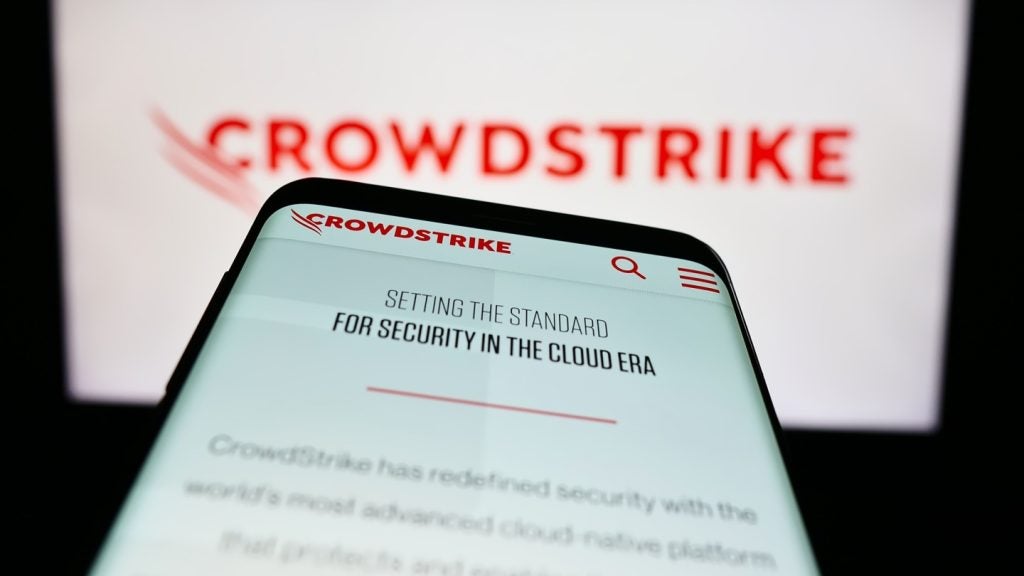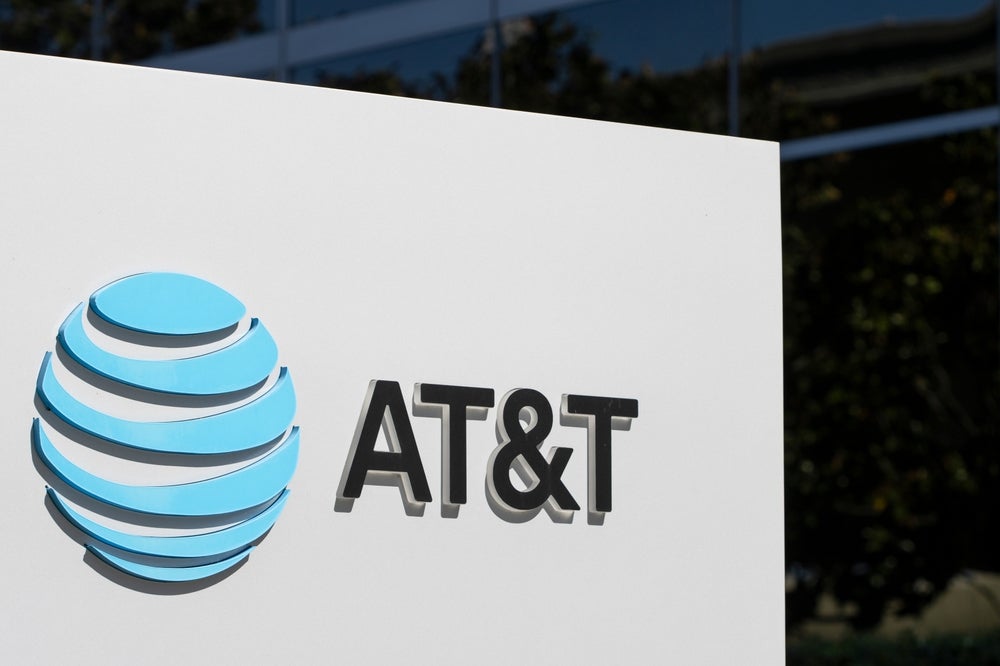
In what appears to be a u-turn for the company, Apple has made it easier for customers to repair their Apple products with the launch of its independent repair programme.
Launched last week, the programme will mean that repair companies can sign up to access the same parts, tools and training that Apple has and use them to fix iPhones.
Although the company already runs its Apple Authorized Service Providers scheme, joining is a complex process. Under the new scheme, it appears that a wider range of repair companies will now be able to sign up to carry out repairs.
After a pilot with 20 independent repair businesses in North America, Europe and Asia, the scheme will now be rolled out in the US, with third party repairers allowed to set their own prices.
In a statement, Jeff Williams, Apple’s chief operating officer said:
“When a repair is needed, a customer should have confidence the repair is done right. We believe the safest and most reliable repair is one handled by a trained technician using genuine parts that have been properly engineered and rigorously tested.”
How well do you really know your competitors?
Access the most comprehensive Company Profiles on the market, powered by GlobalData. Save hours of research. Gain competitive edge.
 Company Profile – free sample
Company Profile – free sampleThank you!
Your download email will arrive shortly
Not ready to buy yet? Download a free sample
We are confident about the unique quality of our Company Profiles. However, we want you to make the most beneficial decision for your business, so we offer a free sample that you can download by submitting the below form
By GlobalData
Right-to-repair
The right-to-repair movement campaigns for the right for customers to repair their own devices and with organisations such as iFixit and Repair.org widely criticising tech giants such as Apple for their restrictive policies on repairs.
Earlier this year, it was announced that manufacturers of home appliances in the EU must make products more easily repaired under Ecodesign policies coming into force in 2021. According to the BBC, 18 US states are also considering similar legislation.
Presidential candidate senator Elizabeth Warren has publically backed the right to repair agricultural equipment. Although this does not directly reference consumer electronics, this indicates that the issue of right-to-repair has become part of the political agenda.
For years, Apple has opposed the introduction of laws that would require companies to make it easier for their goods to be repaired by third parties as opposed to its own technicians, even taking legal action against non-authorised repairers.
Apple has lobbied against the passing of right-to-repair bills in Massachusetts, California and New York on the grounds that users repairing their own devices could cause injury, and it could pose a cybersecurity risk.
A change of heart?
However, with a growing environmental concerns over the impact of the manufacturing process and the problem of e-waste, the right-to-repair movement may be entering the mainstream, and may indicate that consumers are increasingly willing to adopt a make-do-and-mend mentality when it comes to electrical goods.
Although paling in comparison to the market dominance of the likes of Apple and Samsung, companies such Fairphone are gaining publicity. As well as focusing on ethically sourcing the components within its phones, a key selling point for the company is that its products are modular, making it easier for them to be repaired.
For Apple, the once insatiable appetite for the latest model of iPhone now appears to be far from guaranteed. iPhone sales have declined in the past two fiscal quarters, with the company halving its production targets for the iPhone X in January, suggesting that consumers are now less willing to part with hundreds of dollars for the latest model.
This is coupled with a slowdown in the pace of innovation in smartphone capabilities in recent years with research company IDC noting that “it has been widely acknowledged that the pace of innovation on smartphones has slowed down, even reached a plateau.”
In light of this, the company may now be changing tact. With the company long criticised for the built-in obsolescence in many of its products, it may be moving away from pushing users to update premium products, at least on paper. With growing pressure for companies across industries to address the environmental impact of their supply chain, a move away from its anti-repair stance may be a publicity win for the tech giant.
By retaining control over the repairs process, by providing the parts, tools and training as well as approving who is authorised to carry out repairs and restricting it to businesses rather than individuals, Apple may be able to stave off calls for strict right-to-repair laws in the US.
Read More: Apple ventures into services as iPhone revenue slows.







